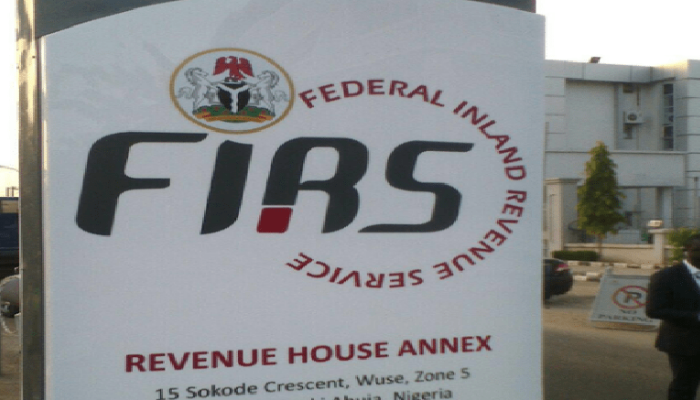
The Chairman of the Federal Inland Revenue Service (FIRS), Zacch Adedeji, has provided assurances that the agency will not introduce additional taxes in Nigeria.
Adedeji disclosed ongoing efforts to bolster the revenue base through strategic measures. He disclosed this during a visit by the management team of Guinness Nigeria Plc, led by Chief Executive Officer Adebayo Alli, to the Revenue House in Abuja on Wednesday.
He reiterated FIRS’s commitment to aligning with the directives set forth by the President, particularly in maintaining a single-digit tax system.
Register for Tekedia Mini-MBA edition 19 (Feb 9 – May 2, 2026): big discounts for early bird.
Tekedia AI in Business Masterclass opens registrations.
Join Tekedia Capital Syndicate and co-invest in great global startups.
Register for Tekedia AI Lab: From Technical Design to Deployment (next edition begins Jan 24 2026).
A statement issued on the visit by Dare Adekanmbi, the Special Adviser on Media to the FIRS chairman, quoted Adedeji as follows:
“The President gave a directive that he wants a single digit tax in the country, meaning that the maximum number of taxes we will have after the work of the Presidential Committee on Fiscal Policy and Tax Reforms will be nine taxes,” he said.
“For us at FIRS, we have responded to that directive. We want to grow the pie such that even if we are taking the same percentage of the bigger pie, the result will be huge.”
Adedeji highlighted FIRS’s focus on expanding the revenue pie rather than imposing additional tax burdens. He expressed confidence in enhancing revenue collection without resorting to new taxes or tax hikes.
He expressed optimism that by God’s grace, “we will not introduce additional taxes nor increase any form of tax,”
“We are only determined to increase the pie. We have restructured our operations at FIRS in such a way that we are now effectively carrying out our duty of assessing, collecting and accounting for taxes. We used to have functional types of taxes, but we have identified that the only customers we have are the taxpayers,” he said.
Furthermore, Adedeji noted FIRS’s efforts to enhance customer relations through operational restructuring. He emphasized the importance of categorizing taxpayers into large, medium, and small businesses based on turnover to streamline tax assessment and collection processes. This approach aims to create a conducive environment for taxpayers while ensuring effective tax administration.
Additionally, he highlighted government initiatives aimed at stimulating economic growth, including the consumer credit scheme and the introduction of a single-window platform for logistics at ports. These initiatives seek to boost the purchasing power of Nigerians, enhance productivity, and facilitate smoother business operations, benefiting companies like Guinness.
Late last year, in a move to eliminate multiple taxation, the Presidential Committee on Fiscal Policy and Tax Reforms proposed the stoppage of 190 taxes choking businesses in the country.
The Chairman of the committee, Mr Taiwo Oyedele, while presenting his report to the President said the panel suggested the merger of over 200 taxes being paid by Nigerian businesses into 10.
While the Organized Private Sector has thrown its support behind the federal government’s move to curtail multiple taxation, it expressed concern about states. Nigerian states hold the highest stake when it comes to multiple taxation and have shown no sign of willingness to curtail it.
The tax reform committee did not announce how it plans to get the states to stop increasing their number of taxes.



